
Hello,
India sees around 80,000 cases of brain death a year – a situation in which an individual’s brain stops working even as other organs remain fully functional.
In theory, a brain dead individual can be converted to an organ donor, with their family’s permission, or if they express such a wish before death. Their liver, kidneys, heart, lungs and other organs can all be transplanted to patients whose own organs suffer acute failure.
But over the past three decades, the number of such organ donors in India in any one year has never exceeded 1,000.
Tabassum Barnagarwala spoke to medical professionals and patients in Mumbai, and learnt that this failure to convert brain dead individuals into organ donors is particularly acute in government hospitals, where doctors are typically overburdened with other work.
This, in turn, disproportionately affects poor patients, who cannot afford the astronomical costs of transplants at private hospitals, and so spend years on the waitlists of government hospitals. “I realised the hard struggle that those who wait for an organ face, especially if they are economically backward,” Barnagarwala said. “Hundreds try to get an organ, but several of them die during the wait.”
She added, “A lifesaving procedure is within reach and yet far away due to lack of finances for these people. There is a clear contrast in accessibility between the rich and the poor when it comes to organ transplants.”
You can read the story here. Do consider signing up to be a Scroll Member if you would like to support more such in-depth and investigative journalism.
Ajay Krishnan
Senior Editor

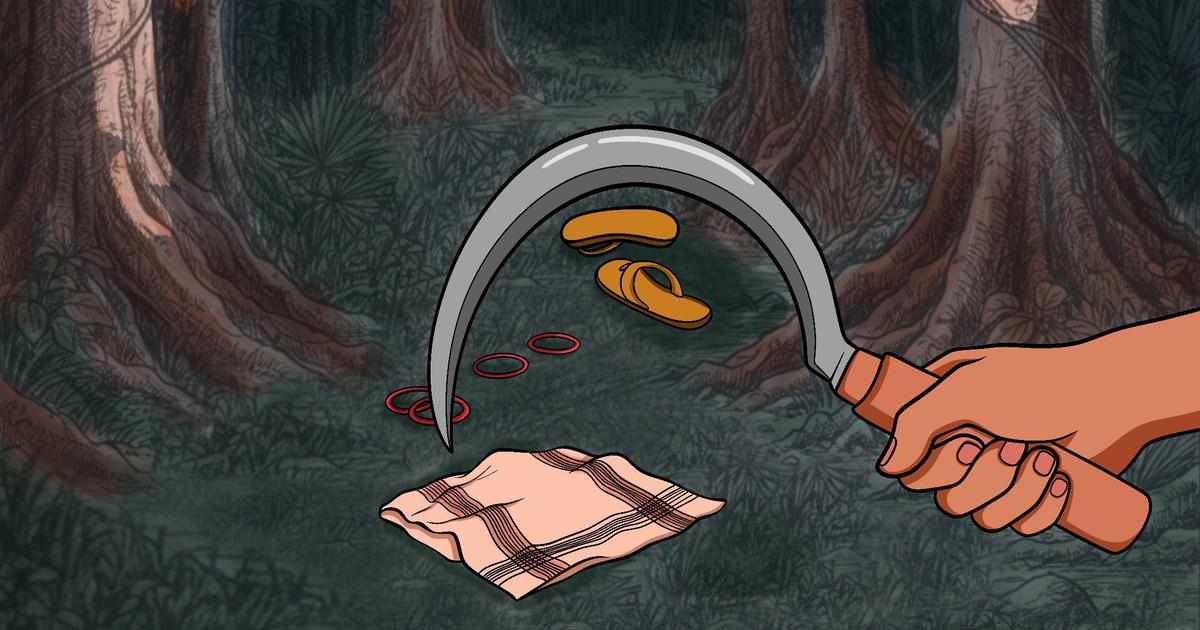
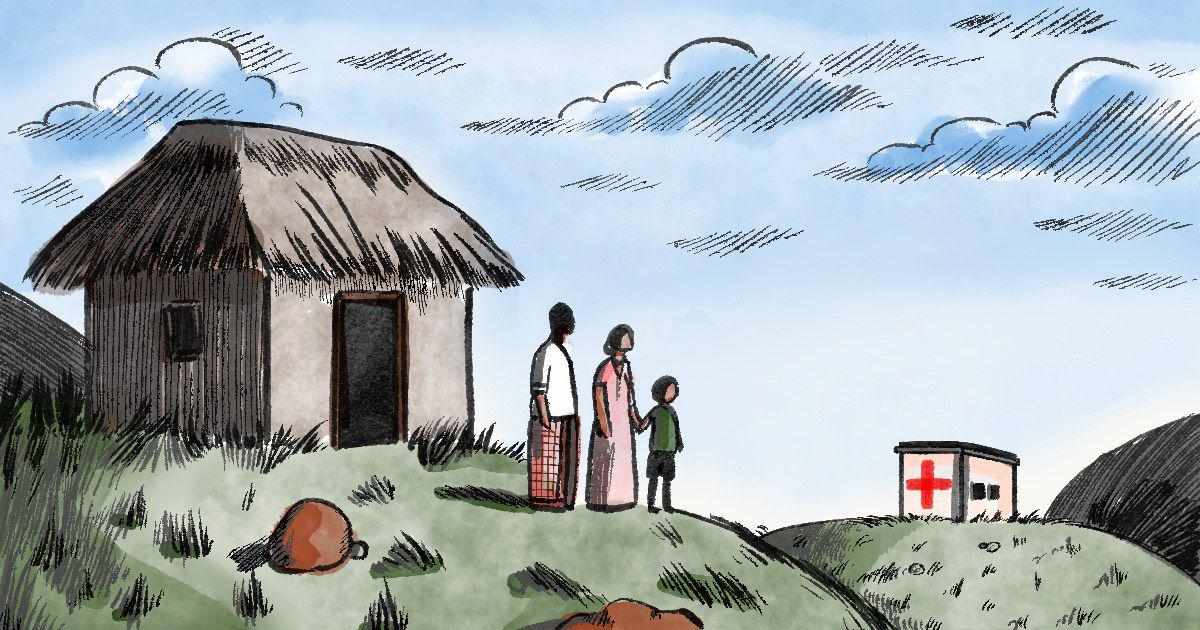
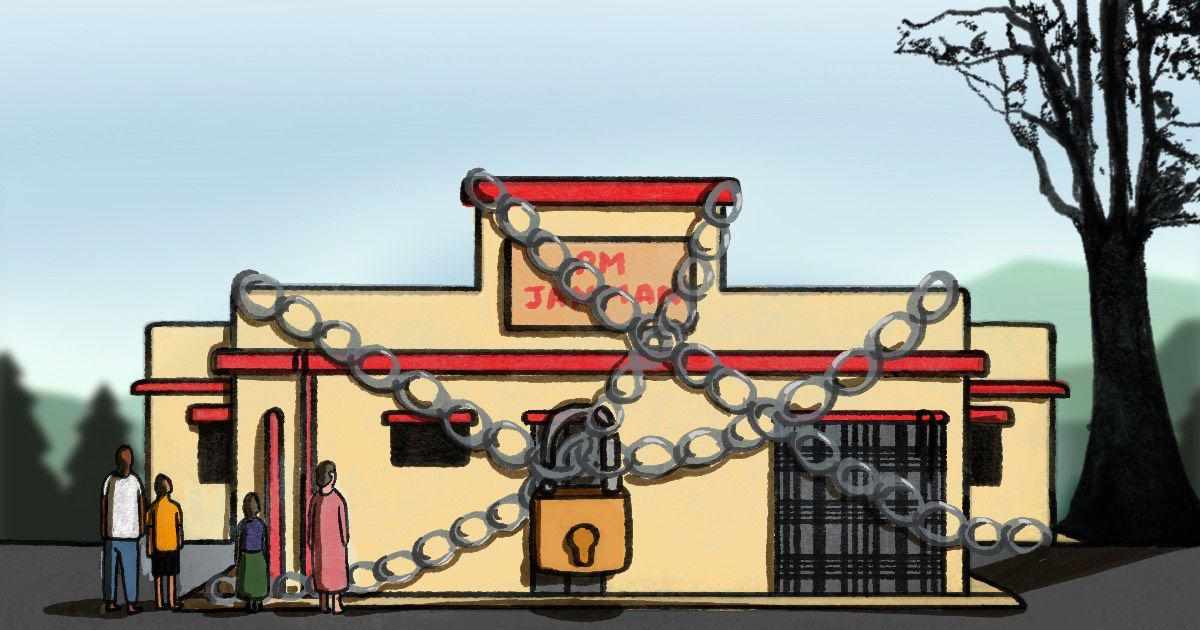




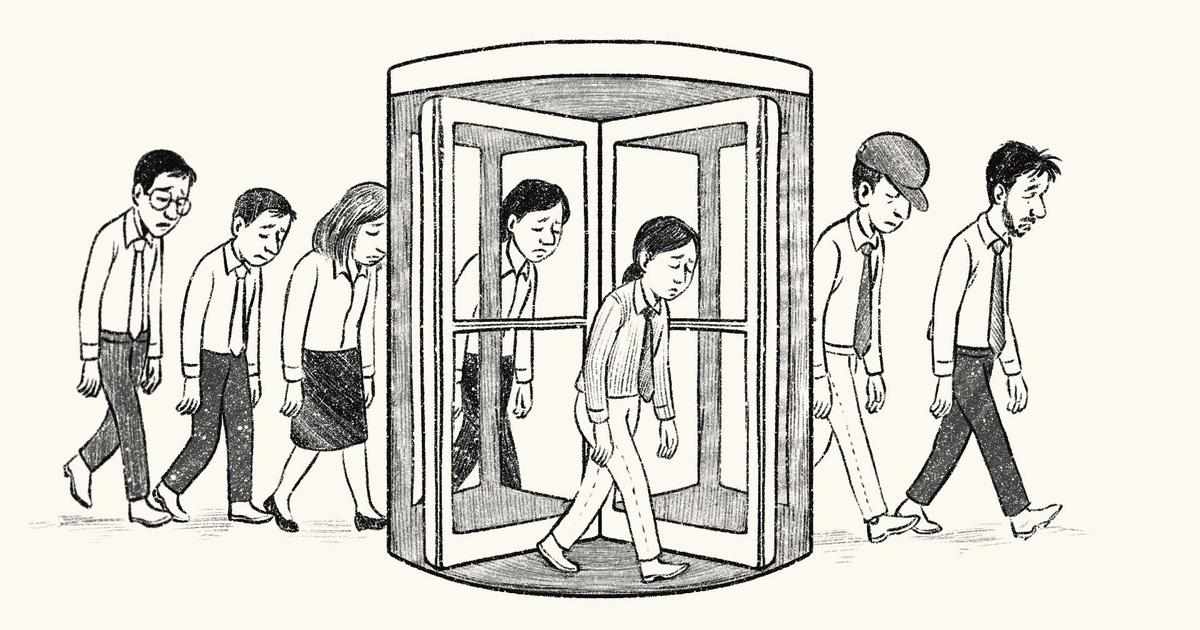
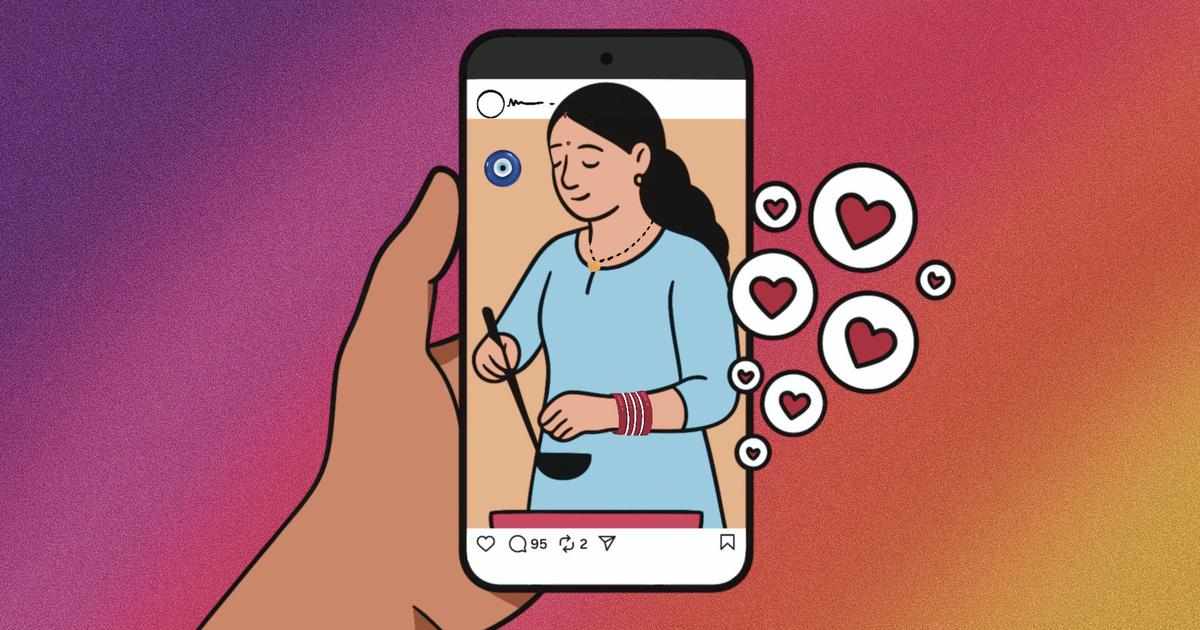
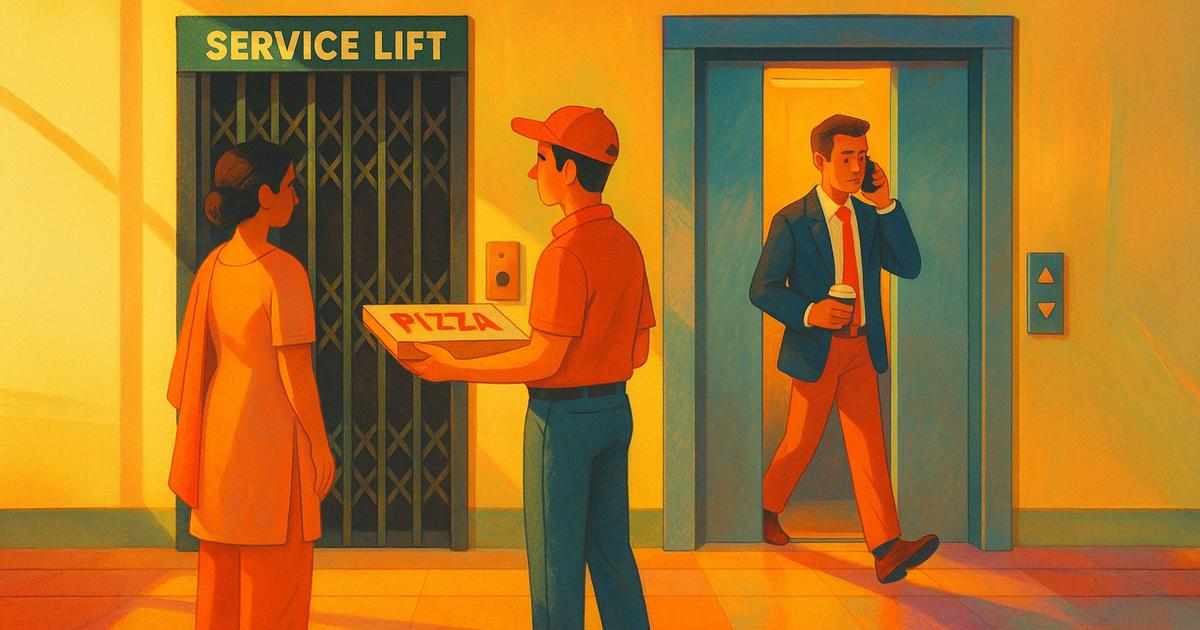










Write a comment ...